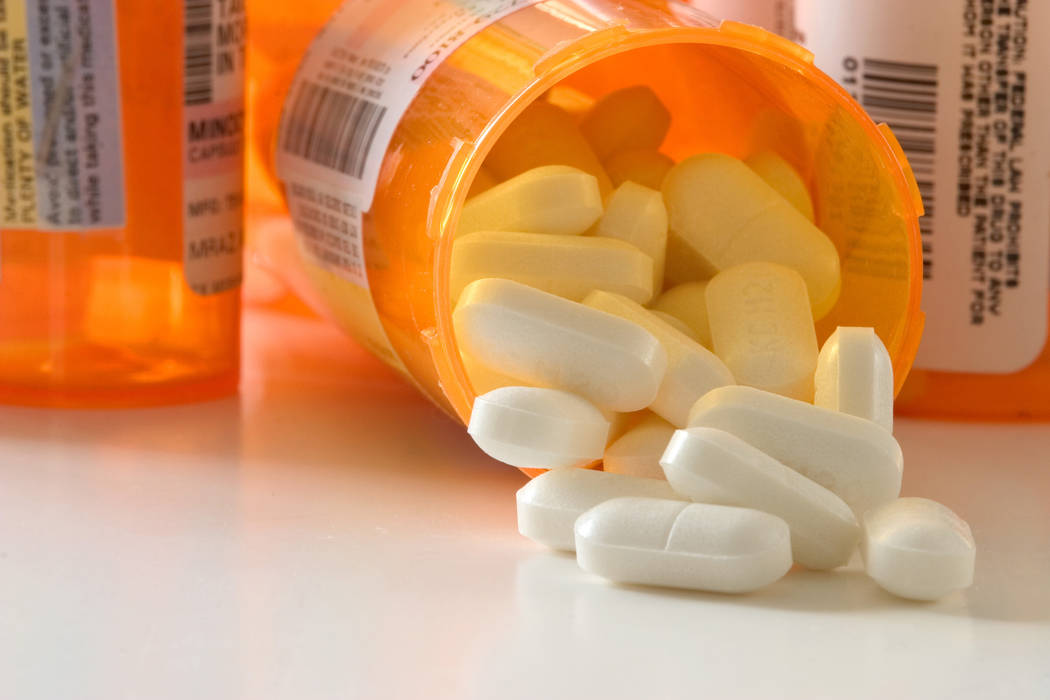
As the drug overdose crisis evolves and becomes more complex, the U.S. Centers for Disease Control and Prevention (CDC) is providing $301 million in new Overdose Data to Action funds to states and jurisdictions.
The announcement was made last month in a news release providing details.
Funded programs will yield information crucial to a better understanding of why, and among whom, overdoses and deaths are taking place.
CDC and the U.S. Department of Health and Human Services (HHS) will rapidly use that information to enhance prevention and response efforts across the country.
The CDC and HHS efforts are part of an all-of-government effort to end America’s complex and evolving overdose epidemic.
While this epidemic is far from over, there are encouraging signs of progress.
“Our country is seeing the first drop in overdose deaths in more than two decades, more Americans are getting treatment for addiction, and lives are being saved,” HHS Secretary Alex Azar said in a statement.
“At the same time, we are still far from declaring victory. We will continue executing on the department’s five-point strategy for combating the opioid crisis, and laying the foundation for a health care system where every American can access the mental health care they need.”
HHS, CDC strategy to fight opioid overdoses
The funds, which will support the work of 47 states, Washington D.C, two territories, and 16 counties and cities, are part of the Department of Health and Human Services’ five-point effortto help combat the opioid overdose epidemic resulting from America’s drug crisis.
Over three years, recipients will gather and rapidly report data that includes the substances, circumstances, and locations leading to overdoses and deaths, as well as demographic data such as age, race, and gender.
In addition, recipients of these new funds will work to strengthen prescription drug monitoring programs, improve state-local integration, establish links to care, and better support health care providers and health systems.
“Strengthening our nation’s public health infrastructure is essential to capturing the predictive data needed to prevent drug overdose deaths and their devastating effects on families,” said Dr. Robert R. Redfield. “We are committed to supporting our partners and communities, ensuring they have the tools needed to bring the opioid and drug use disorder epidemic to an end in America.”